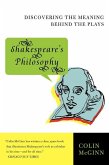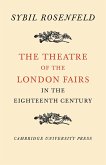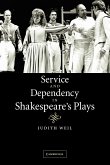Shakespeare's London 1613 offers for the first time a 'biography' of this pivotal year. London, including the Jacobean court and the city, witnessed an exceptional outpouring of cultural experiences and transformative political events. In 1613, Shakespeare for the first time purchased property in London, the Blackfriars Gatehouse, situating him amidst the city's vibrant culture. The Duke of Lennox, King James's cousin and confidant, occupied the Holbein Gatehouse in the palace, embodying court culture. The narrative arc of 1613 oscillates metaphorically between these two gatehouses, linking court and city. Shakespeare's plays dominated London's cultural landscape, although his acting company faced the Globe Theatre's destruction in June. Other playwrights, writers and printers in the city produced an extraordinary number of books. The political and personal dynamic of the royal family changed forever with the sudden death of the eighteen-year-old Prince Henry, heir apparent to the throne, and the marriage of the only royal daughter, Princess Elizabeth, to a German prince, which disrupted the anticipated line of succession to the British throne. This book examines the death of Henry and the unparalleled outpouring of grief for him. There was an unprecedented number of plays presented at court from Christmas 1612 to February 1613, in an effort to provide an antidote to the suffering leading up to Elizabeth's wedding. The year closed with an aristocratic wedding at court, which generated spectacle and drama, offsetting the divorce and murder that had preceded it. Readers interested in literature and drama, political and cultural history, and the royal family will find here an accessible and thorough book that illuminates the richness of 1613.








